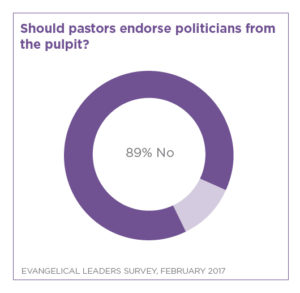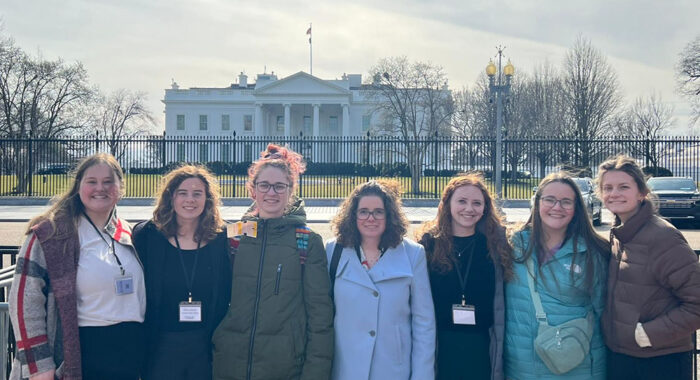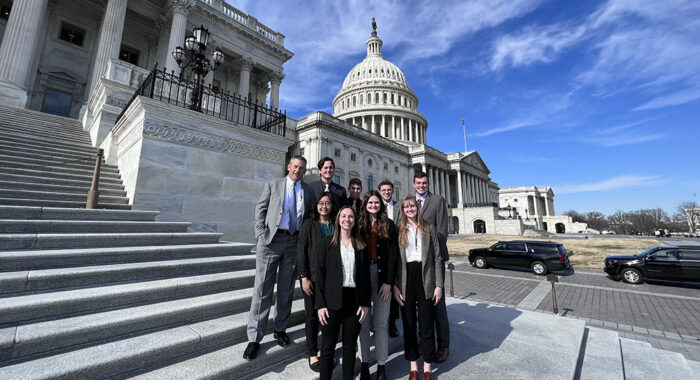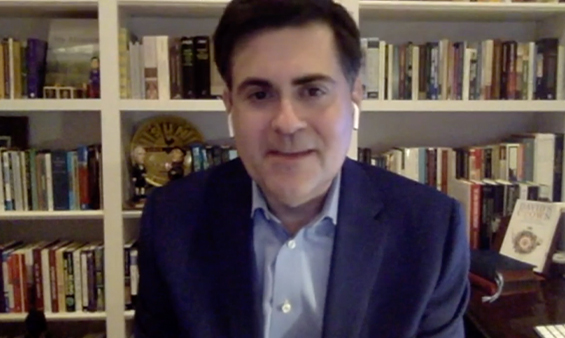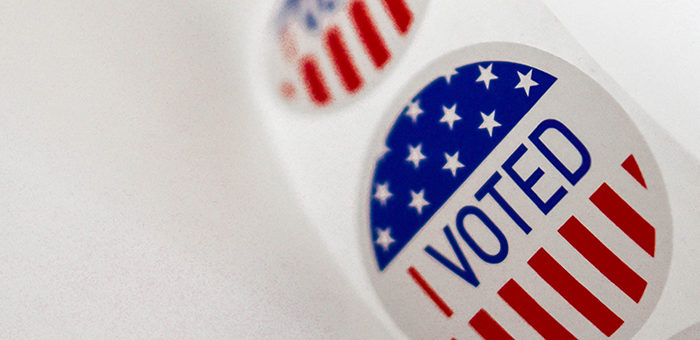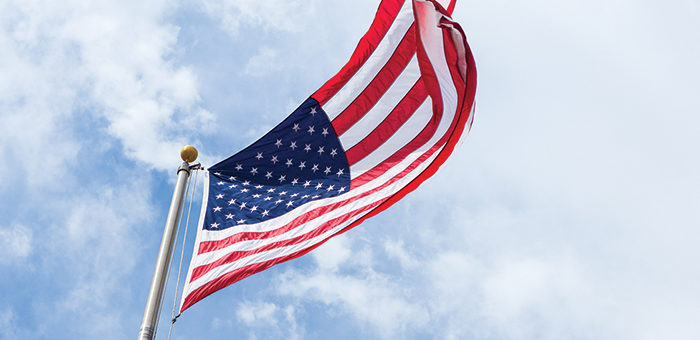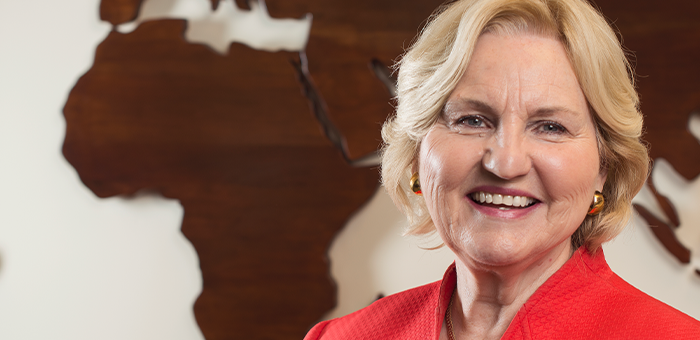
Nearly 90 percent of evangelical leaders do not think pastors should endorse politicians from the pulpit, according to the February Evangelical Leaders Survey.
“Evangelicals emphasize evangelism, and pastors often avoid controversies that might take priority over the gospel message,” said Leith Anderson, president of the National Association of Evangelicals (NAE). “Most pastors I know don’t want to endorse politicians. They want to focus on teaching the Bible.”
William Bohline, founding pastor of Hosanna! Lutheran Church, said, “The pulpit is the place for the power of the gospel, not the promises of any politician.”
“Our focus should be on the gospel,” said George O. Wood, general superintendent of Assemblies of God. “If we begin to endorse candidates, then we are politicizing the Church, diluting our message, and bringing unnecessary division among our people. It is sufficient that we can speak on issues without endorsing specific candidates for office.”
Based on a 1954 law known as the Johnson Amendment, the IRS bans all 501(c)(3) nonprofits — including churches — from active involvement in political campaigns. However, it does not restrict pastors from offering biblical guidance on contemporary issues.
“Preach about the issues, not the person,” said Doug Fagerstrom, president of Marketplace Chaplains.
Anderson added, “Many pastors know their parishioners have diverse political opinions and fear being pressured to choose and endorse some while alienating others. They are grateful for rules that keep them out of political endorsement differences and battles.”
Some evangelical leaders — regardless of their opinion on whether pastors should endorse candidates — noted that they believe the government should not penalize churches or pastors who decide to endorse candidates.
Alan Cureton, president of the University of Northwestern – St. Paul, argued, “Pastors must be free to say what they believe in and why, including politics. Censoring the pulpit is not in the country’s best interest.”
John Stumbo, president of Christian and Missionary Alliance, urged caution among pastors. When pastors endorse candidates, they end up self-selecting their audience, he said. “Our calling is higher — our message is greater and our audience must be broader — than using our brief time in the pulpit for political endorsements.”
The Evangelical Leaders Survey is a monthly poll of the Board of Directors of the National Association of Evangelicals. They include the CEOs of denominations and representatives of a broad array of evangelical organizations including missions, universities, publishers and churches.



 View All Surveys
View All Surveys 